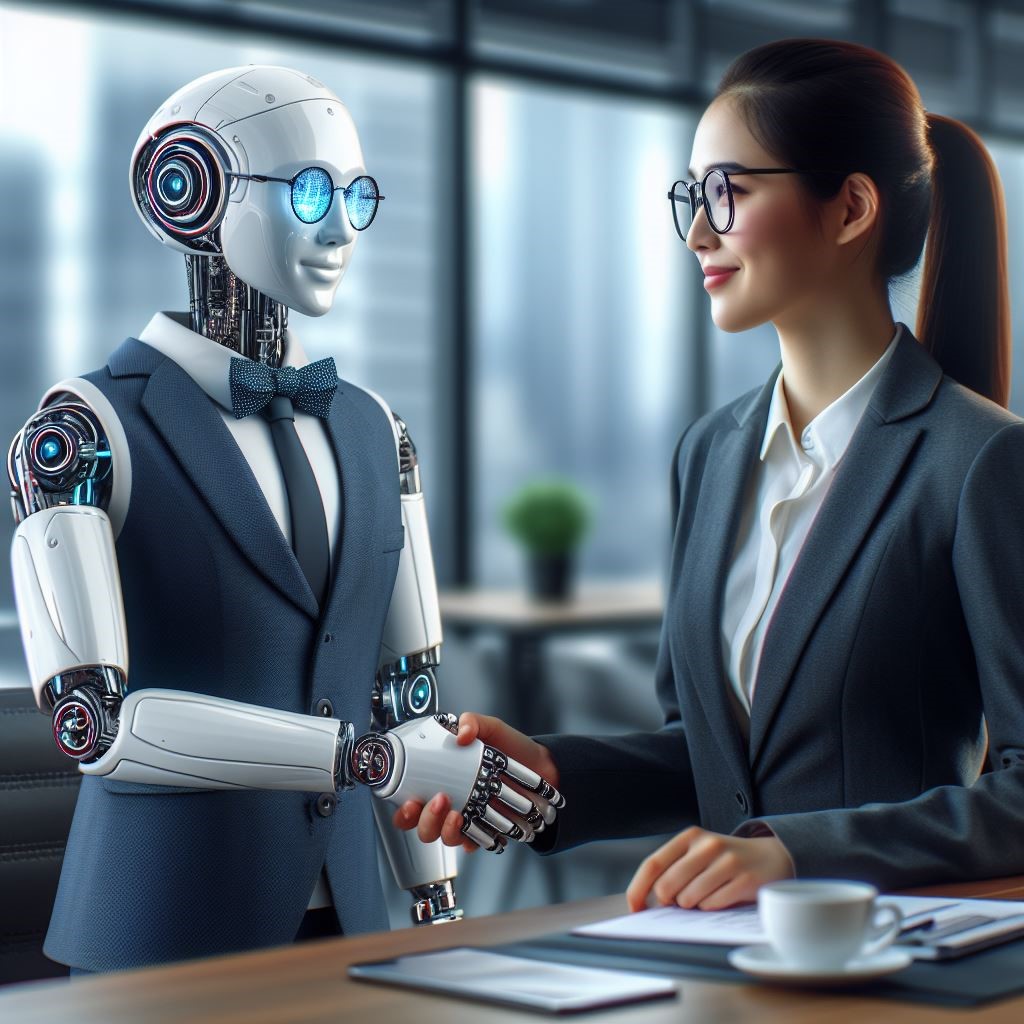The Human Touch AI Can’t Replace. In the world of corporate hiring, the integration of artificial intelligence (AI) has been both revolutionary and contentious. Initially used as the solution to put an end to biases in hiring practices, AI recruiting technology has caused a contradiction. While many anticipated it would level the playing field, concerns have emerged about its tendency to perpetuate biases and even exclude highly qualified candidates. Some AI tools are incorrectly screening out top talent, raising alarms about the efficiency and fairness of the process.
The necessity for unbiased and equitable AI isn’t just a moral imperative; it’s a strategic advantage. A fair recruitment process not only adheres to ethical and legal standards but also enhances a company’s profitability. By leveraging AI to make impartial decisions based solely on merit, businesses can optimise their talent acquisition efforts and cultivate a diverse and inclusive workforce.
However, amidst the appeal of AI-driven efficiency, it’s crucial to acknowledge its limitations. While AI excels at streamlining functional tasks, it falls short in areas that require human intuition, emotion, and creativity. The intricate nuances of human interaction and the personalised touch of customer service remain irreplaceable. While AI can automate certain aspects of recruitment, the indispensable human-to-human connection remains pivotal in fostering trust and rapport.
Here are some pros and cons:
- Pros:
- Data-driven insights: AI empowers recruiters with valuable data-driven insights into hiring trends, candidate behaviour, and market developments.
- Increased efficiency: AI streamlines routine tasks such as CV screening and scheduling, allowing recruiters to focus their time and energy on building meaningful relationships with candidates and clients.
- Streamlined recruitment process: AI automation of tasks like CV screening and candidate sourcing can significantly streamline the recruitment process; analysing vast quantities of CVs to pinpoint candidates who align with the job description’s requirements.
- Cons:
- Bias and discrimination: One of the most significant concerns with AI in recruitment is the potential for bias and discrimination. AI algorithms may inadvertently perpetuate biases present in historical data, leading to discriminatory hiring practices and a lack of diversity in the workforce.
- Cost and complexity: Implementing AI recruitment tools requires substantial investment in technology infrastructure, training, and ongoing maintenance.
- Privacy and security concerns: AI systems collect and analyse vast amounts of candidate data, raising concerns about privacy breaches and data security risks.
- Lack of human touch: The increasing reliance on AI in recruitment can diminish the personal connection between recruiters and candidates. This lack of human touch may negatively impact the candidate experience and employer branding, as candidates may feel disconnected or undervalued in the recruitment process.
So what will this look like in the future?
In envisioning the future of recruitment, it’s clear that there’s a delicate balance to strike between leveraging advanced technological processes and maintaining meaningful human interaction. While AI streamlines processes and boosts efficiency, human empathy remains crucial for understanding candidates’ needs and building rapport.
AI-driven tools will streamline processes such as CV screening, candidate sourcing, and even initial interviews, enabling recruiters to automate repetitive tasks. Despite this, its the human touch AI can’t replace that candidates will still seek out in the hiring process. Effective recruitment isn’t just about matching skills and qualifications; it’s also about understanding the unique experiences, motivations, and aspirations of individual candidates.
The effective integration of both elements will create successful recruitment strategies, ensuring that candidates feel valued, respected and understood throughout their journey.

